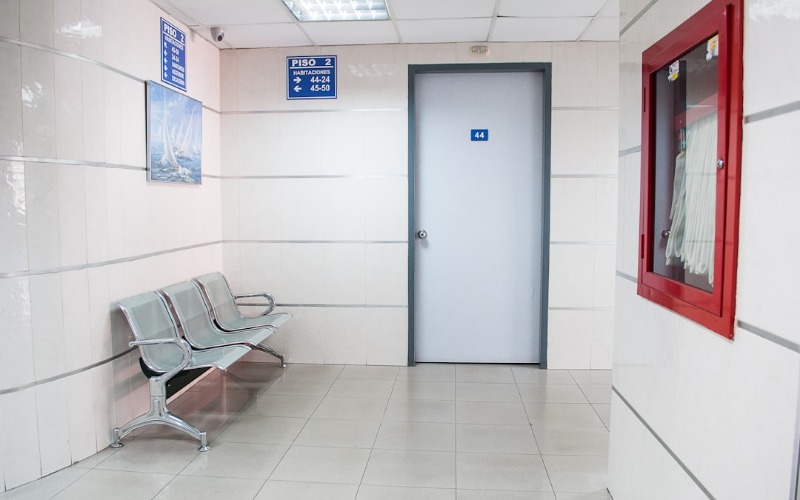Among the organizations that suffered the four most common types of attacks—cloud compromise, ransomware, supply chain, and business email compromise (BEC)—an average of 66% reported disruption to patient care. Specifically, 57% reported poor patient outcomes due to delays in procedures and tests, 50% saw an increase in medical procedure complications, and 23% experienced increased patient mortality rates. These numbers reflect last year’s findings, indicating that healthcare organizations have made little progress in mitigating the risks of cyber attacks on patient safety and wellbeing.
The report, which surveyed 653 healthcare IT and security practitioners, found that supply chain attacks are the type of threat most likely to affect patient care. Nearly two-thirds (64%) of surveyed organizations suffered a supply chain attack in the past two years. Among those, 77% experienced disruptions to patient care as a result (an increase from 70% in 2022). BEC, by far, is the type of attack most likely to result in poor outcomes due to delayed procedures (71%), followed by ransomware (59%). BEC is also most likely to result in increased medical procedure complications (56%) and longer lengths of stay (55%).



